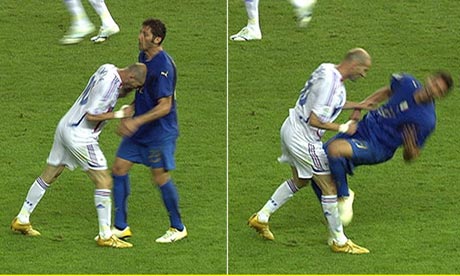eHomemakers will be releasing its documentary,"Portraits of Perseverance" (POP). Before we do, here are some teasers for your viewing pleasure. Our interns, Rhonwyn and Josh met up with three of the women in the documentary for a chat.
The production of this documentary allowed the women involved - who are of vastly different backgrounds with each of them facing unique challenges - to interact, to share and to enjoy each other's company in a way that would not have been possible otherwise.
From the initial doubts, their thoughts about one another, to talking about the "very cool" eHomemakers intern, Morgan Reed - we've got it all here in their interviews!
Nisha of the Pink Triangle Foundation. (Still looking good in the candid screenshot)
The scrutinizing eye of a camera may not be everybody's friend. Not only has it been accused of adding weight and highlighting fat spots, some people just do not feel comfortable being on camera, especially when being interviewed. Nisha thought it felt weird talking in front of the camera for the video journals.
Sulastri, who is also working at the Pink Triangle Foundation.
Well, she certainly wasn't alone on that, as her co-worker, Sulastri Ariffin, too had her share of issues with the camera.
Film work aside... Initially doubtful about getting on the POP bandwagon, Sulastri has come to a point where she's glad she chose to participate in POP. Going through the whole process, she now feels the need to tell her tumultous life story to the world, as well as a passion to "contribute to the community out there".
Lucy, giggling in front of the camera, as usual.
Then there's our sweet Lucy Goh (well it seems being camera-shy is a trend here!) Lucy's candid recall of meeting Nisha: Lucy gave her a top-to-toe scan (which Nisha is used to) before she said, "Hi'.
But once they started talking during the women's meeting at Crowne Plaza, KL, Nisha realized that Lucy "is very very friendly even though she's a very quiet person." Nisha thinks that "Lucy's very intelligent too."
Just like Sulastri, Lucy has gained confidence along the way, as there were do-or-die situations where she just had to speak up! Although she still breaks out in giggles (bloopers!), the woman you see speaking to the camera talks with new-found confidence, as well as with conviction. (Filming her for this video was very fun for the intern team. Lucy kept giggling so the team also giggled, laughed and roared with laughters!)
Now that the finishing touches are being applied on the documentary and things are wrapping up, Nisha, Sulastri and Lucy look forward to moving on from this great life chapter and experience.
And when they do move on - be it to other projects, or to work with women - I believe that no matter how far they get in life, and how many lives they impact, 'Portraits of Perseverance' would always remain close to their hearts.
by Junmey








